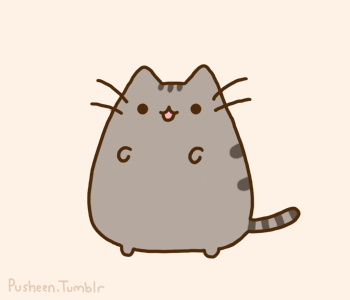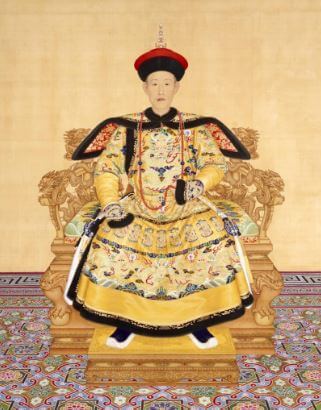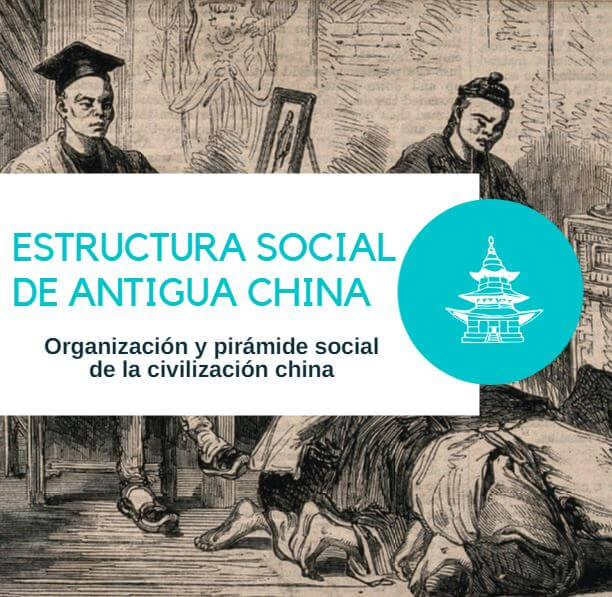GEOGRAPHY AND ORGANIZATION
HELLO!

Ancient China had a monarchy, that is, a government headed by an emperor and a royal family. The Chinese rulers, also called the monarchs, based their government on the philosophy of Confucius, according to which the ruler was a virtuous man who led by example.
During the Zhou dynasty, people began to believe that the rulers of the Chinese states were "children of heaven," which meant that they were chosen by the gods of ancient China. This idea continued to gain credibility. Once China was unified, the emperors used this belief to their advantage to retain power. Any usurping aspirant had to prove that the existing ruler had offended the gods before he could legitimately claim the title of emperor. A centralized government began with the government of Shi Huangdi.
The dynasties were the ruling families in this place.
The main dynasties were:
Xia Dynasty (2200 BC and - 1700 BC)
Shang Dynasty (1800 BC - 1040 BC)
Zhou Dynasty (1046 BC - 256 BC)
Qin dinasty (221 BC - 206 BC).

ANCIENT CHINA POWER ORGANIZATION
The power organisation of the ancient china was principally ruled by an emperor but it have piramid of power.
The order ot the power was this:
EMPEROR: he was monarch of the empire.
OFICIALS & WARRIORS: they was the ones that fight for the empire.
FARMERS & PEASANTS: they was the common citizens and the ones that give food for the empire.
CRAFTSPEOPLE: was the ones which make all the things and tools
MERCHANTS & TRADERS: are the ones which sell every things.

China wall is one construction most important an larges of
china one fun fact of this is that
seen from the space.
https://www.eltelegrafo.com.ec/noticias/cultura/1/la-gran-muralla-china-esta-desapareciendo

Is
an important construction that have 7000 figures of terracota army.
SOCIAL ORGANIZATION
In ancient Chinese society, Fengjian's social structure approximately in
1046-256 B.C. It resulted in the classification of the Confucian or legalistic
Chinese people into four broad categories. From the highest to the lowest
social strata, the categories were: Shi or Gentry scholars; the Nong, or
peasant farmers; the gong, craftsmen; and the Shang, merchants.
IMPERIAL FAMILY

The emperor and the family were located at the top of social ladder in Ancient China. The emperor ruled from a palace in the capital city. Chinense emperors believed that they were named by the heaven rule of the aristocracy, and, then, they said that their people and
their government doesn't have to believe the humans.
GEOGRAPHY OF CHINA
IMAGEN 2 https://blogger.googleusercontent.com/img/b/R29vZ2xl/AVvXsEg5KfY5pm04acPl2yv9KHnkL8wivvpBkJ3fZ8o2-JjL5Rf27GevDOVs_dDmrx0Bg07RWJUZ29IdpPg4vFVjmCoU_IdhE9zuiZQjbO_pQucEJwCoEjEswMFNgJ3ydzKDAK63vzmM5-2q7myc/s1600/dani.jpg




Comentarios
Publicar un comentario